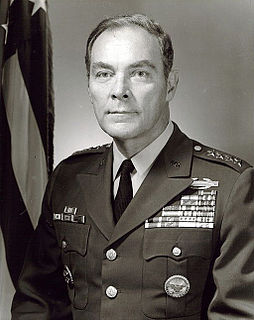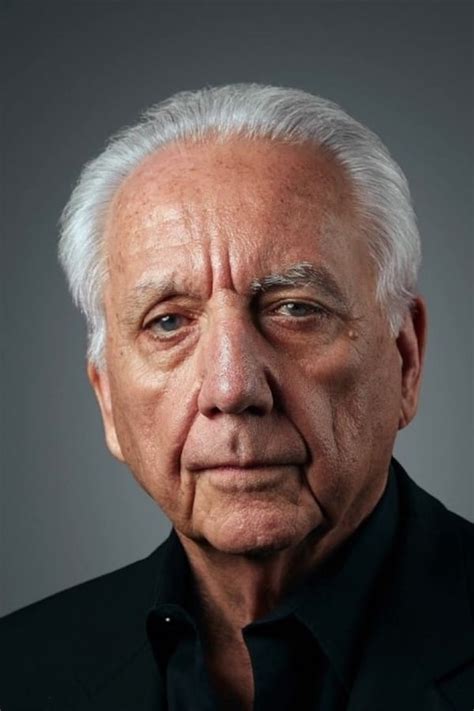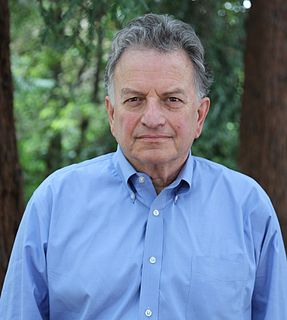A Quote by Salman Rushdie
It's Kennedy's war, Vietnam. Lyndon Johnson got all the flak, but it's Kennedy's war.
Related Quotes
You know, it's very clear, as one looks back on history again of the Cold War that, following the crisis in Cuba, following the Khrushchev - beating down of Jack Kennedy in Vienna, that President Kennedy believed that we had to join the battle for the Third World, and the next crisis that developed in that regards was Vietnam.
Kennedy was significantly different than Eisenhower before him, and different from Johnson after him. So those three years were the beginning of a détente with the Soviet Union, a new feeling for peace, a seeking out of a new ally with the Soviet Union - the end of the Cold War, as Kennedy called it in his American University speech.
My recurring nightmare is that someday I will be faced with a panel: Franklin Roosevelt, John Kennedy and Lyndon Johnson all of whom will be telling me everything I got wrong about them. I know that Johnson's out there saying, 'Why is it that what you wrote about the Kennedys is twice as long as the book you wrote about me?
My recurring nightmare is that someday I will be faced with a panel: Franklin Roosevelt, John Kennedy and Lyndon Johnson all of whom will be telling me everything I got wrong about them. I know that Johnson's out there saying, 'Why is it that what you wrote about the Kennedys is twice as long as the book you wrote about me?'



































